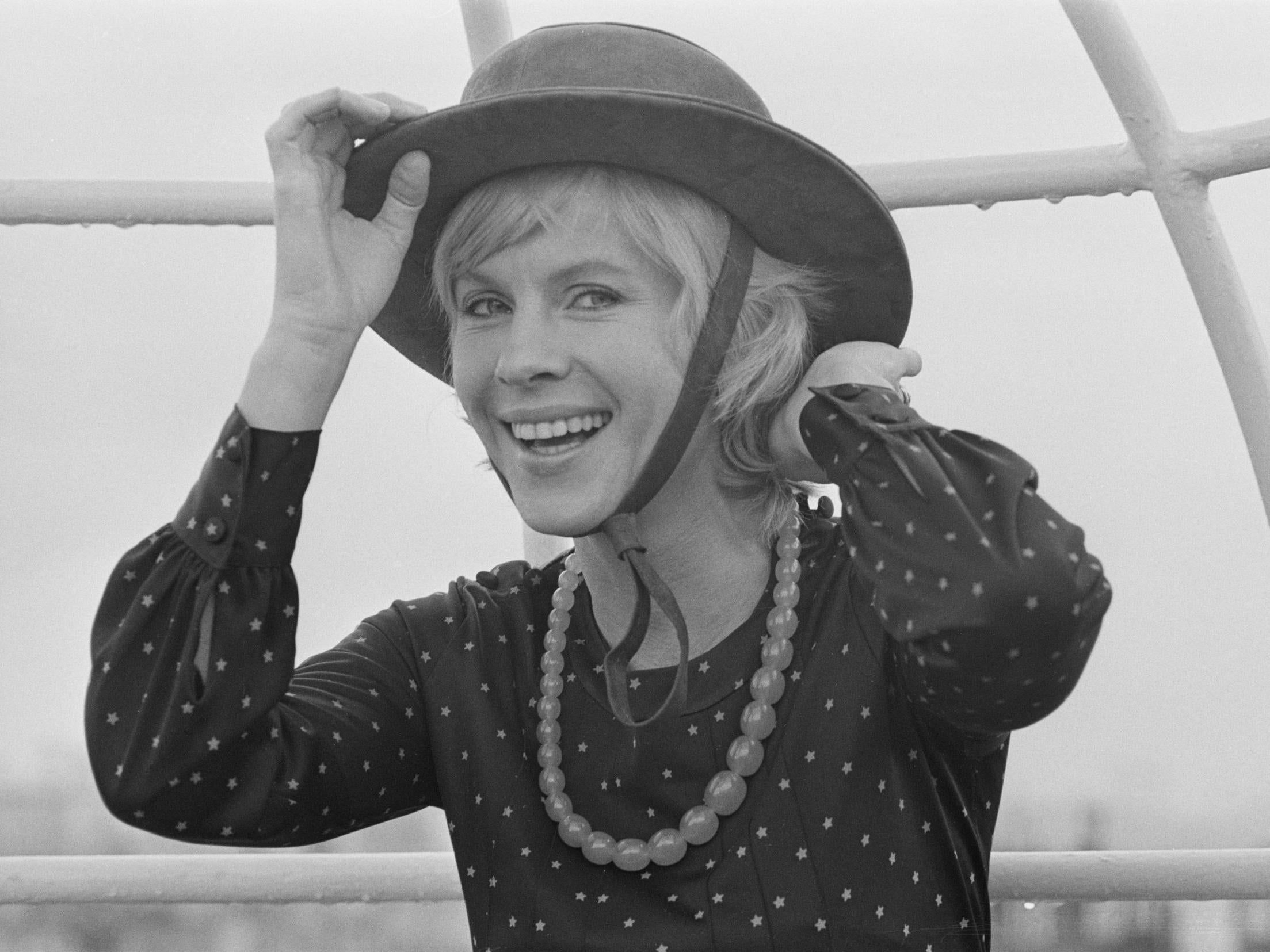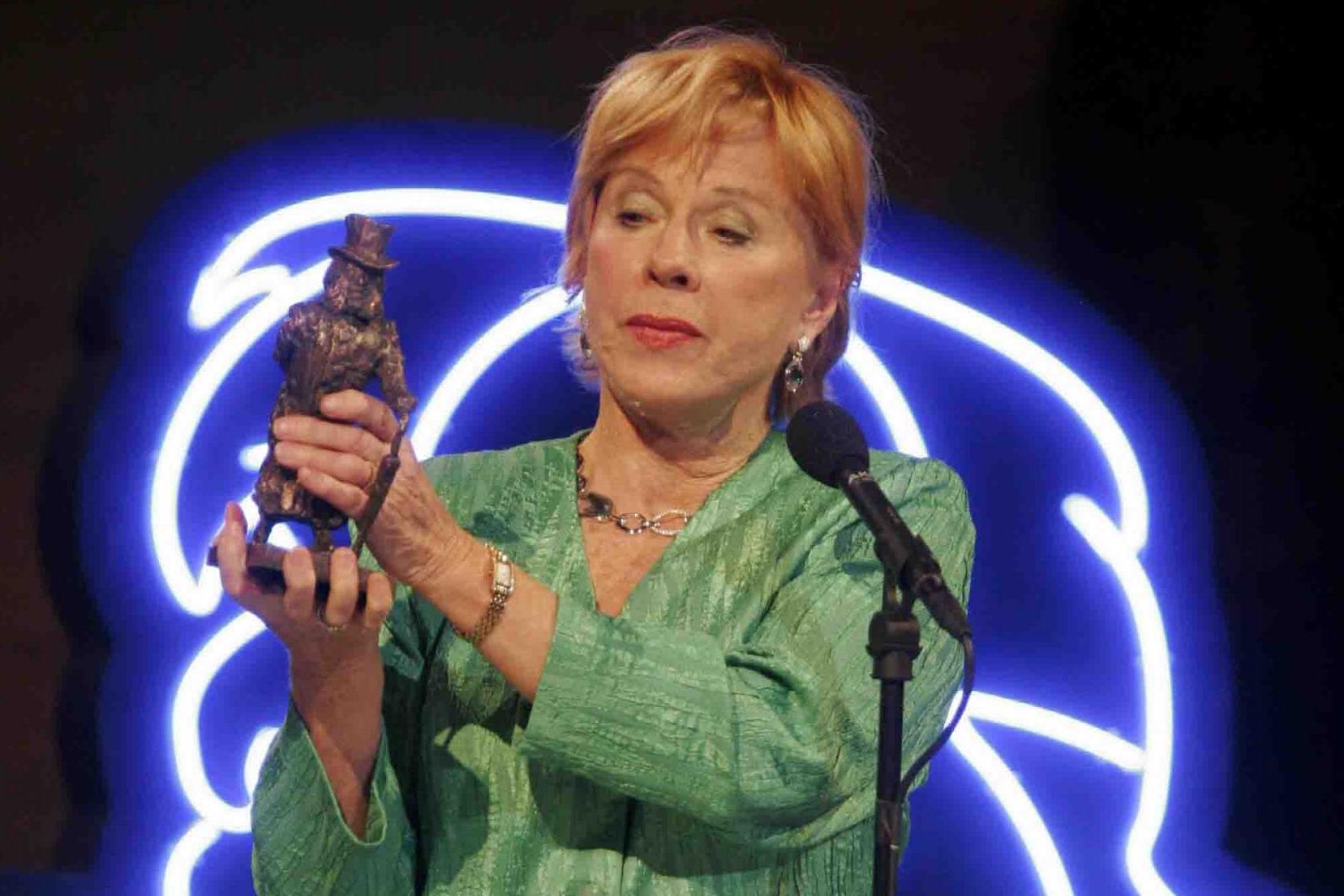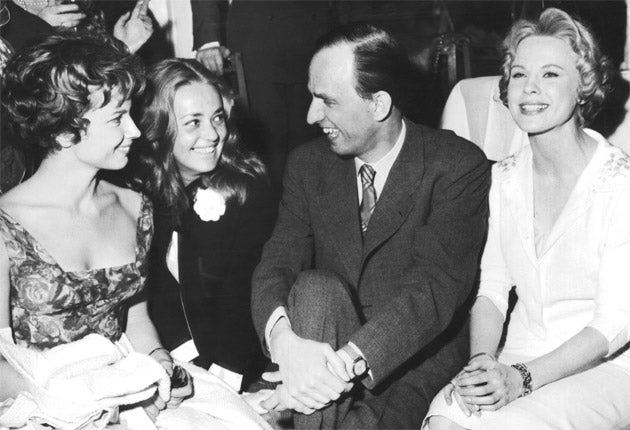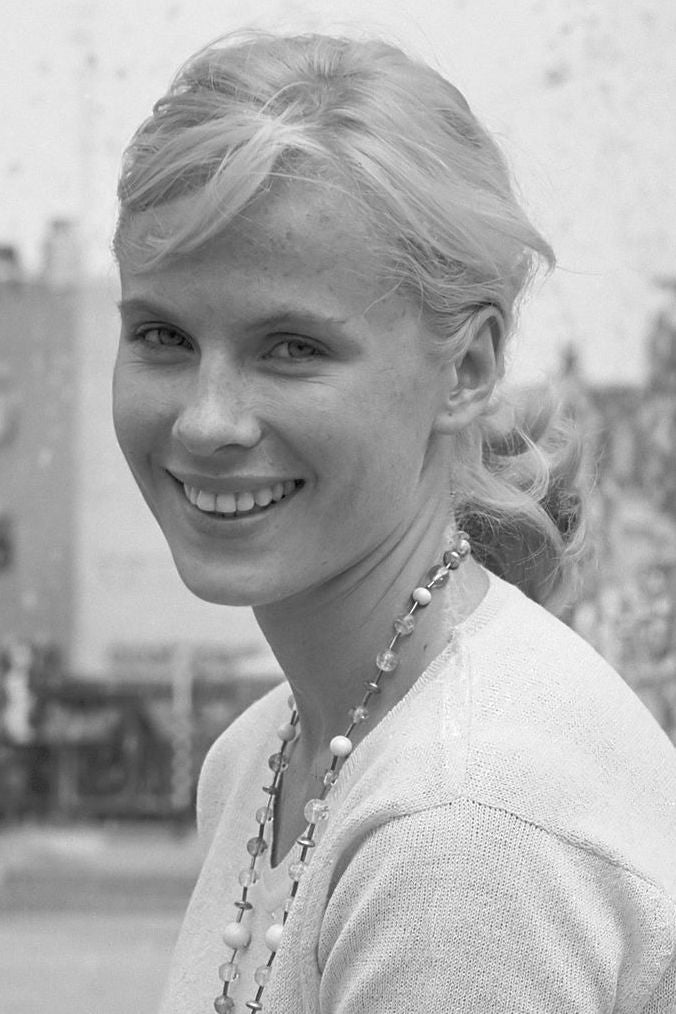Bibi Andersson: Swedish actor who shone in arthouse classics by Ingmar Bergman
Her beguiling, acclaimed performances in films such as ‘Persona’ and ‘The Seventh Seal’ secured her place in cinema history

Bibi Andersson, the acclaimed Swedish actor who has died aged 83, appeared in more than 100 film and television productions – but it is for her work with filmmaker Ingmar Bergman on arthouse classics The Seventh Seal, Persona and Wild Strawberries that she is best known.
From chaste schoolgirls to beguiling young women and tortured wives, she tended to play luminous characters whose warm demeanour masked traumas and intense self-doubt.
Andersson, who won a record four Guldbagge awards – Sweden’s Baftas – for acting, got her first job with Bergman was when she was 15. In 1951, he cast her in an advert for a soap called Bris, as a princess thanking the pig farmer who introduced her to it with 100 kisses.
In 1957 she became romantically involved with the director who was then in his third marriage. The relationship lasted a couple of years, during which she appeared in 1958’s Brink of Life, picking up a joint best actress prize at Cannes with her co-stars Eva Dahlbeck, Ingrid Thulin and Barbro Hiort af Ornas.
Her most acclaimed work was Persona, Bergman’s 1966 masterpiece exploring identity.
She played the loquacious nurse who cares for a troubled stage actress, played by Liv Ullmann, another of Bergman’s “muses”.
Both looked somewhat alike, and by the end of the film their identities blended together, with their faces at one point overlapping in one of cinema’s most famous montages.

The film marked the beginning of a long creative partnership between Bergman and Ullmann, who supplanted Andersson as the director’s leading female collaborator. Ullmann later had a daughter with Bergman.
Andersson appeared in Swedish films such as The Mistress (1962), for which she was named best actress at the Berlin International Film Festival, and The Girls (1968), a feminist reimagining of Lysistrata, directed by Mai Zetterling and also featuring Harriet Andersson and Gunnel Lindblom.
She was often asked about her relationship with Bergman, whom she described as “very tender and very nice” on set, and temperamental away from the camera.

“I’m not as much a medium for him as Liv,” she said in 1977, referring to Ullmann.
Andersson was born Berit Elisabeth in Stockholm in 1935, to a social worker and her husband, a deliveryman. She was encouragement by her older sister, Gerd, a ballet dancer, and studied acting at the Royal Dramatic Theatre in Stockholm.
Andersson was in acting school when she was discovered by Bergman. He invited her to Malmo where she joined his theatre company. He cast her in his 1955 comedy film Smiles of a Summer Night.
In total Andersson starred in ten films and three television films directed by Bergman; among them are some of the director’s best and most influential work, including The Seventh Seal (1957) and Wild Strawberries (1957).
Other films on which the pair collaborated include The Passion of Anna (1969), The Touch (1971) and Scenes From a Marriage, which aired in 1973 as a six-part television series and was adapted into a feature film one year later.
Andersson also starred in productions of Peer Gynt and The Winter’s Tale that Bergman staged at the Brooklyn Academy of Music in the 1990s. She made her Broadway debut in a 1973 production of Full Circle, a Second World War drama by Erich Maria Remarque, and three years later made headlines over a Swedish tax inquiry into her film earnings.

By then, she had come to view her critical success with Bergman as a mixed blessing. “It was complicated when I needed to make money, because I had too good a name – but not for being commercial,” she later told the Los Angeles Times. “People didn’t forgive me if I did inferior stuff.”
Her marriages to Kjell Grede, a director, and Per Ahlmark, a politician and writer, ended in divorce. She had a daughter from her first marriage, Jenny Grede Dahlstrand, and was married to Gabriel Mora Baeza.
In an interview to mark her 40th birthday in 1977, she told The New York Times that before Persona, she had long sought to play meatier roles for Bergman, and resented being called “a professional innocent” in the Swedish media. But she never asked the director for a change in parts, she said. “I was too proud. And later I realised that there weren’t that many young actresses who could project this light quality.”
She added: “He once said to me: ‘I need a young you.’ I said: ‘What do you mean – a young me? You never told me I was anything.’”
Bibi Andersson, actor, born 11 November 1935, died 14 April 2019
© Washington Post
Join our commenting forum
Join thought-provoking conversations, follow other Independent readers and see their replies
Comments
Bookmark popover
Removed from bookmarks